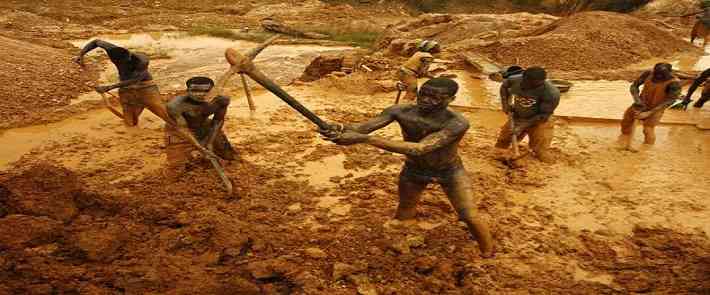
During last week's sixth interface of crucial debt resolution dialogues held in Harare, western powers brought an important spin.
The European Union (EU)’s top diplomat in Harare emphasised how important it would be for Zimbabwe to revisit the controversial Private Voluntary Organisations (PVO) Amendment Bill.
The bloc wants Zimbabwe to cobble a legislation that is humane.
Except for a few, everyone agrees that if enacted into law, the Bill will further constrict the democratic space. It is fodder for human suffering.
The development will place Zimbabwe within the ranks of global outposts of autocracy, human rights violations and other serious vices undermining development. President Emmerson Mnangagwa seems to have his own misgivings, given how he has behaved so far. But the strength of his position can only be demonstrated by his actions.
This is why it is important that a review of the Bill (and many other such policies dividing society) must be part of the crucial debt deal.
It will give authorities an opportunity to realise the gravity of the problems they have created.
There is nothing wrong with regulating the civic society. All other facets making up society work under specified policies, which help authorities monitor transgressions.
- Lest our MPs forget
- Call for fresh PVOs Bill public hearings
- Govt justifies clampdown on NGOs
- ZLHR pushes for PVOs Bill abolishment
Keep Reading
The problem kicks in when governments pile up laws and policies, making it almost impossible for organisations such as NGOs to work.
Such ill-advised and needless muscle flexing is usually rampant in countries where those wielding political power are uncomfortable with the checks and balances that NGOs bring. Dictators want to run countries as they please - plundering resources, giving cronies lucrative public sector deals and jobs.
The result is the perpetuation of inequality. A weakened civic society operating under the threat of de-registration and violent raids leaves governments to butcher people in dark corners and get away with heinous crimes.
Consequences of such brutality would be calamitous.
Zimbabwe for instance, is on its knees. Millions barely survive due to food shortages. Many more are dying of preventable diseases such as malaria. NGOs have always bridged this gap by distributing food, paying school fees for the underprivileged and feeding the poor.
These are important interventions that cannot just be trampled over because rulers feel threatened by what transparency brings.
We are not their subjects. This is a republic. If authorities continue with this plot to obliterate civic rights through a bad law, they risk exacerbating an already bad situation and they must stop it.
But as the EU indicated, the PVO Bill and other bad laws and policies must be important parts of the debt resolution pact.
How can we resolve a debt to benefit only a few, when those in power are brazenly violating NGOS' constitutional rights to help society? We hope that government will see sense and reform.
There are already other examples of how the debt deal can play an important role. Officials leading the negotiations indicated last year that the debt clearance plan would only be viable if Zimbabwe dealt with concerns over political and electoral reforms.
This is another important issue.
They said Zimbabwe has to make firm undertakings for holding free and fair elections, while making sure conditions set under the Zimbabwe Democracy and Economic Recovery Act — a US law — are also met. Under the process, Zimbabwe was also asked to eliminate multiple exchange rates — the driving force behind a protracted downturn.
Parties to the debt talks also said Harare must transfer the central bank’s debt to the government and ensure that all expenditures are accounted for through the national budget. There has been movement on this front, and we encourage government to continue.
We want a debt plan that looks at almost all facets of society, helping our government strengthen the areas that the global society feels are weak.






